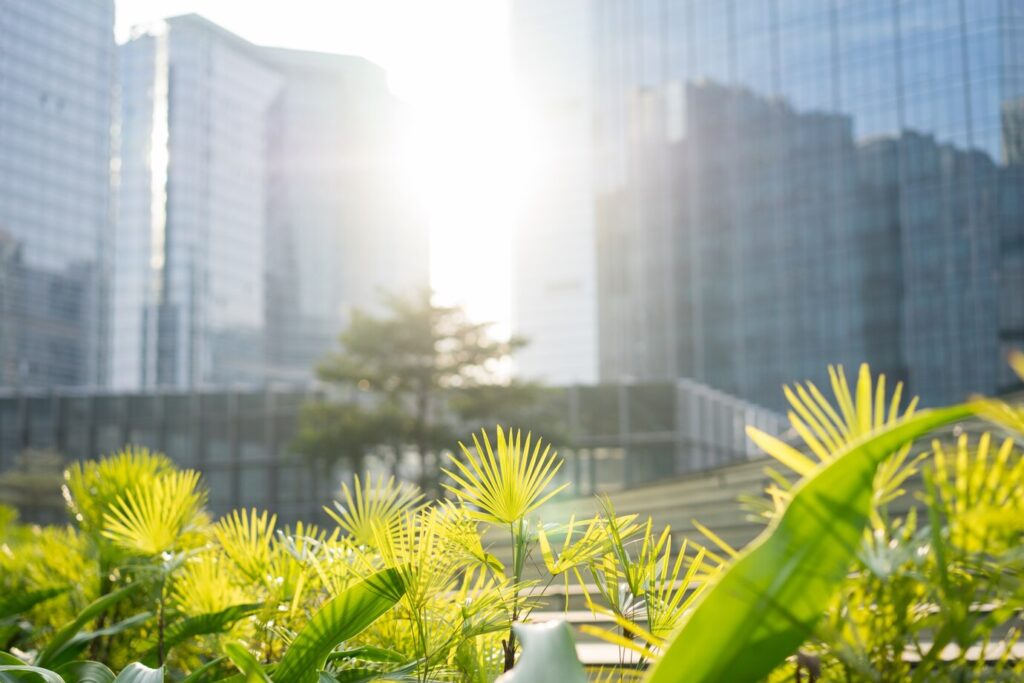Green building practices have gained momentum in South Africa, emphasizing sustainable construction materials, energy-efficient designs, and certifications like Leadership in Energy and Environmental Design (LEED). These practices aim to minimize environmental impact and enhance energy efficiency in real estate.
Sustainable construction materials, such as recycled materials, low-impact products, and environmentally friendly building components, reduce the environmental footprint of construction projects. These materials promote energy efficiency, reduce waste, and contribute to healthier indoor environments.
Energy-efficient designs encompass various strategies, including proper insulation, passive heating and cooling systems, efficient lighting, and ventilation. These designs optimize energy consumption, reduce utility costs, and create comfortable living or working spaces.
Certifications like LEED assess buildings based on sustainability criteria, including energy efficiency, water conservation, and indoor environmental quality. Achieving LEED certification signifies a commitment to environmentally responsible building practices, influencing the perception and value of properties.
In South Africa, the adoption of green building practices reflects a growing emphasis on sustainability and environmental responsibility. Properties incorporating these practices not only reduce environmental impact but also attract environmentally conscious buyers or tenants seeking eco-friendly living or working spaces.







